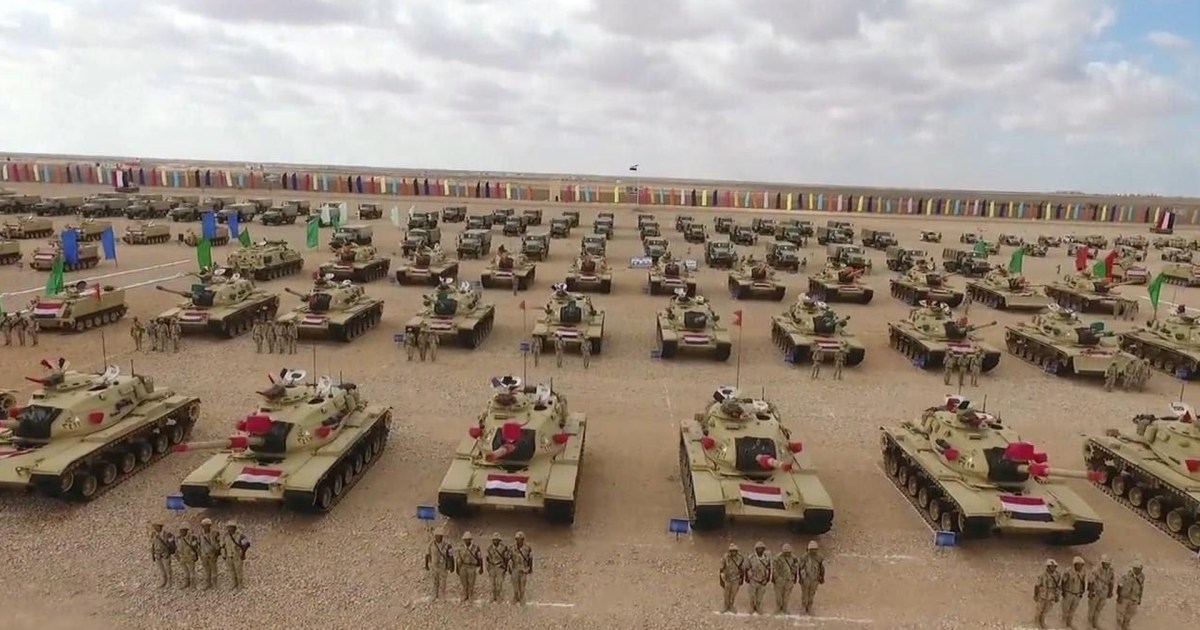Turkish Vice President Fouad Oktay said that his country is currently dominating history in Libya. While the Al-Wefaq government again rejected the Egyptian President's cease-fire initiative, the Speaker of the Parliament in Tobruk supported the Egyptian army's intervention in the conflict.
Oktay stressed that the legitimate path of international law determines the future of peace in Libya.
He added that his country was writing history in Libya "after it tore up the maps and plans that were intended to exclude them in the eastern Mediterranean."
Oktay said that the Libyan National Accord government, with its resolute stance and with the support of Ankara, managed to thwart the plots that were being hatched in Libya.
He stressed the need for "the revolutionaries to know that the legitimate path of international law determines the future of peace in Libya."
Oktay pointed out that those who "were unable to offer any solution in Libya began to raise their voices with the government regaining the cities from the hands of the revolutionaries."
He continued, "We will stand strongly next to our Libyan brothers - representatives of Omar's chosen spirit in the resistance - until peace, stability and justice prevail in all regions of Libya."
It is noteworthy that the government-backed forces of Al-Wefaq have made several field gains in recent weeks, and have begun to crawl toward the strongholds of retired Major General Khalifa Hifter, who is backed by Egypt, the Emirates, Saudi Arabia and Russia.
Egyptian intervention
For his part, the Speaker of the Libyan Parliament in Tobruk Aqila Saleh said, "The people formally ask Egypt to intervene with military forces if the necessities of preserving Libyan and Egyptian national security require that."
Saleh explained in an interview with the Middle East News Agency that if Sirte was penetrated, the Egyptian army would be asked to intervene based on a mandate from the Libyan people.
He said that Egypt's interference is not support for one party over another, pointing out that going to the negotiating table is a solution rejected by what he described as colonial powers and some Libyans with interests, he said.
Egyptian President Abdel-Fattah al-Sisi had signaled military intervention in Libya after the Al-Wefaq government rejected a truce initiative announced after the defeat of Haftar's forces in the Libyan West.
Major fallacies
As for the head of the Supreme Council of State in Libya, Khaled al-Mashri, he renewed the initiative announced by the Egyptian president a few days ago.
Al-Mashri said that the Cairo initiative includes major fallacies, does not recognize the political agreement, complicates the Libyan scene and does not help in the solution.
He also stressed that the Al-Wefaq government will never back down from the trial of retired Major General Khalifa Haftar for the violations and war crimes he committed during the battles in Libya.
Al-Mashri said that all the crimes committed by Haftar's forces are being documented with a view to bringing him to trial.
In a related context, Italian Foreign Minister Luigi de Mayo held talks in the Libyan capital, Tripoli, with the Prime Minister of the Al-Wefaq Government, Fayez al-Sarraj, the Minister of Interior and Foreign Affairs, Fathi Pashaga, and Mohamed Taher Siala.
The National Accord government said in a statement that the Italian guest discussed with al-Sarraj foreign interference in Libya, a European naval operation to impose an arms embargo, an Italian contribution to mine clearance in Tripoli, the closure of oil sites, as well as the issue of immigration.

